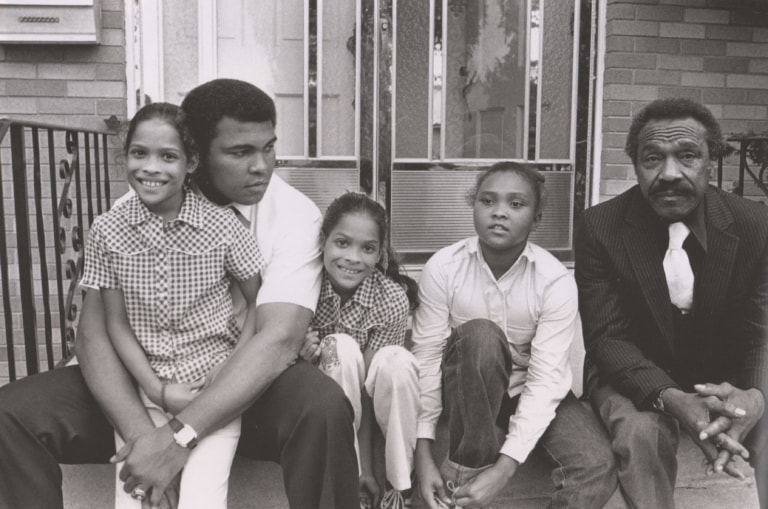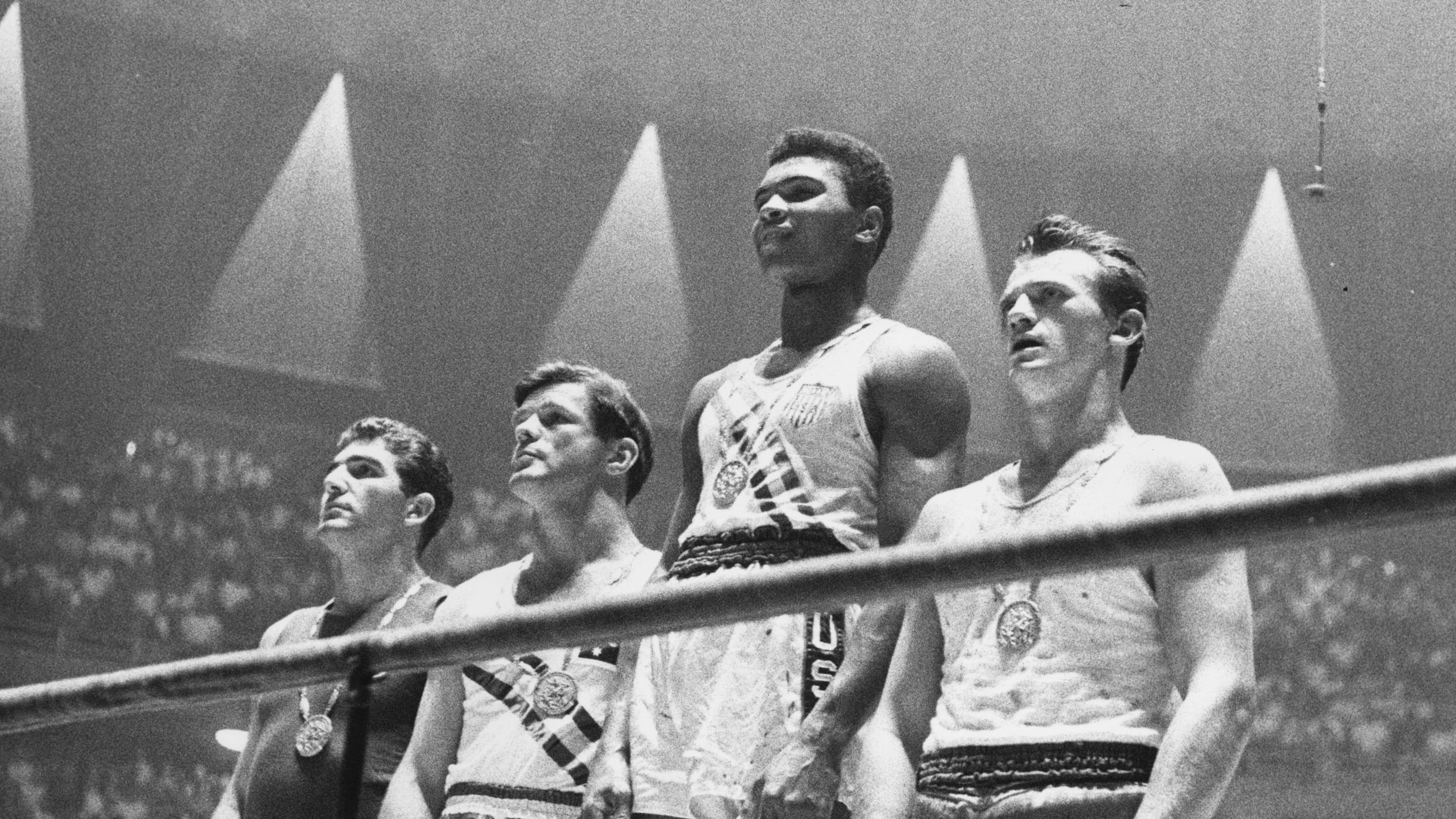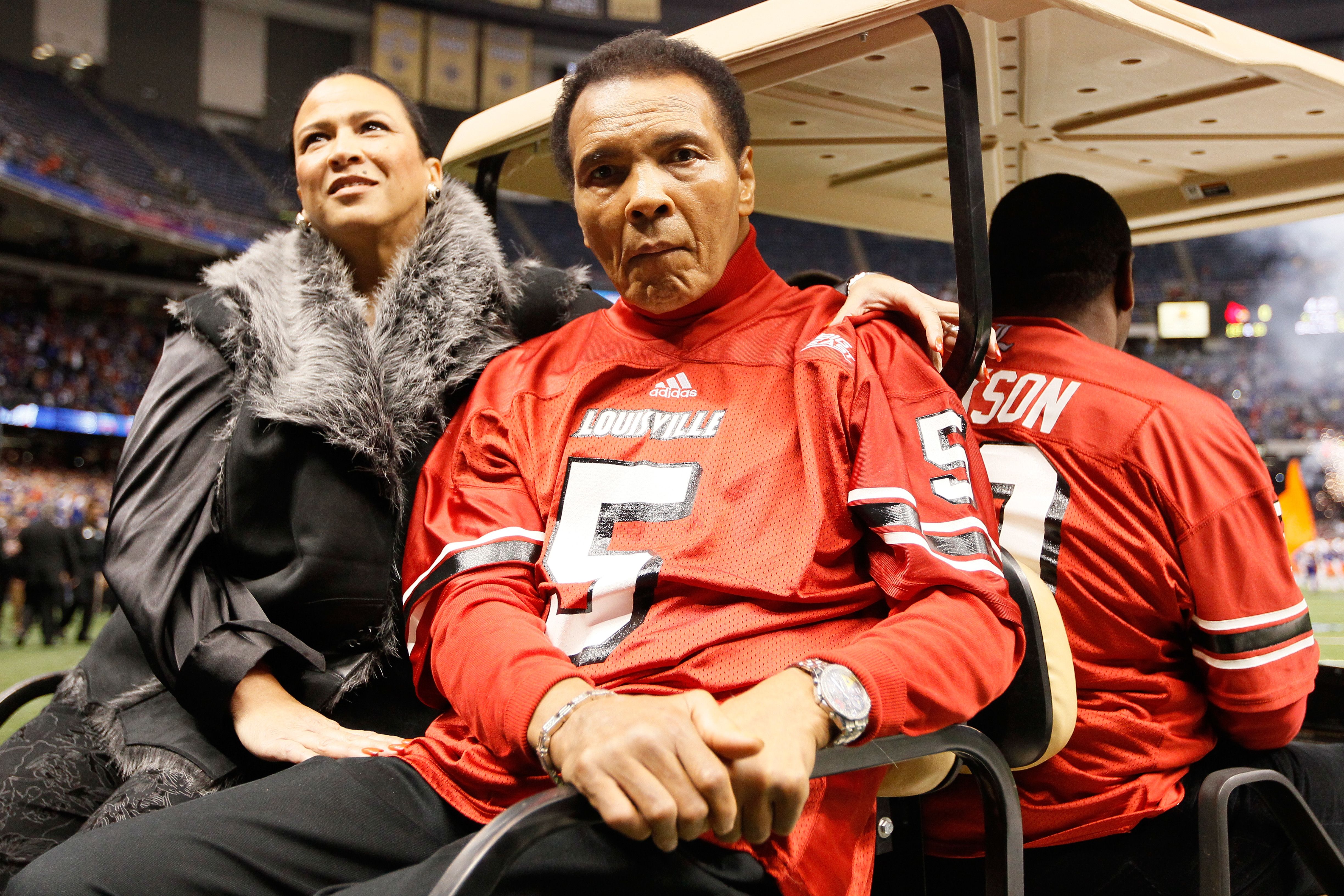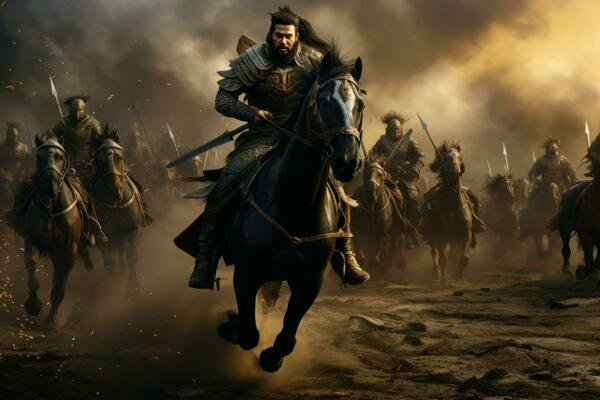Who Is He?
When we think of the greatest athletes of all time, Muhammad Ali’s name is always at the forefront. Known for his prowess in the ring, charismatic personality, and profound impact outside of boxing, Ali was more than just a fighter. He was a cultural icon who reshaped the world’s understanding of athletic excellence and social justice. In this article, we’ll delve into ten surprising facts about Muhammad Ali that you might not know, revealing the complexities and triumphs of this legendary figure.
The Early Years
Childhood and Family Background

Muhammad Ali was born Cassius Marcellus Clay Jr. on January 17, 1942, in Louisville, Kentucky. Raised in a loving yet modest household, his parents, Cassius Sr. and Odessa, instilled in him the values of hard work and determination. Despite facing the harsh realities of segregation and racism in the South, young Cassius was a spirited and confident child.
Discovering Boxing
Ali’s journey into boxing began at the age of 12 when his bike was stolen. Fueled by anger and a desire for justice, he reported the theft to a local police officer, Joe Martin, who was also a boxing coach. Martin suggested that Ali learn how to fight before confronting the thief. This chance encounter sparked Ali’s passion for boxing, setting him on a path to greatness.
The Rise to Fame
Olympic Gold Medal

In 1960, Ali made his mark on the international stage by winning a gold medal in the light heavyweight division at the Rome Olympics. His victory was a testament to his skill and dedication, earning him the nickname “The Louisville Lip” for his brash and outspoken nature.
Turning Professional
After his Olympic triumph, Ali turned professional under the guidance of trainer Angelo Dundee. His professional debut was a success, and his unique style – a combination of speed, agility, and unorthodox techniques – quickly set him apart from other fighters.
The Name Change
From Cassius Clay to Muhammad Ali
One of the most significant moments in Ali’s life was his conversion to Islam and subsequent name change. In 1964, after defeating Sonny Liston to become the world heavyweight champion, Ali announced that he had joined the Nation of Islam and changed his name from Cassius Clay to Muhammad Ali. This decision was met with both support and controversy.
The Significance of the Change
Ali’s name change was more than a personal choice; it was a statement of his identity and beliefs. By rejecting his “slave name” and embracing a new one, Ali aligned himself with the civil rights movement and the struggle for racial equality, demonstrating his willingness to stand up for his convictions.
The Vietnam War Stance
Refusing the Draft
In 1967, Muhammad Ali was at the height of his career as a boxer. He had won the heavyweight championship and was one of the most famous athletes in the world. But his career was about to take a dramatic turn. Ali announced that he would not be drafted into the U.S. military because of his religion and because he was against the Vietnam War. This decision was controversial and had serious consequences.
Consequences and Impact
Ali’s refusal to be drafted led to his conviction for draft evasion, resulting in a five-year prison sentence (which he never served) and the stripping of his boxing titles. Despite the personal and professional costs, Ali’s defiance made him a symbol of resistance and integrity, earning admiration from those who opposed the war.
The Comeback
The Legal Battle
Ali spent several years fighting his conviction in the courts. In 1971, his perseverance paid off when the U.S. Supreme Court overturned his conviction, citing the government’s failure to properly clarify the basis for his conscientious objector status.
Return to the Ring
With his legal battles behind him, Ali returned to boxing in 1970. Though his years away from the ring had taken a toll, he regained his title in 1974 by defeating George Foreman in the legendary “Rumble in the Jungle” fight. Ali’s comeback was a testament to his resilience and undying spirit.
The Philanthropist
Humanitarian Efforts
Beyond his boxing career, Ali was deeply involved in humanitarian work. He traveled the world, often visiting countries in turmoil to promote peace and provide aid. His efforts earned him the Presidential Medal of Freedom in 2005.
Advocacy and Activism
Ali used his fame to advocate for various causes, including civil rights, religious freedom, and global peace. His commitment to social justice and equality made him a beloved figure beyond the sports world.
The Showman
Memorable Quotes
Ali was known for his quick wit and memorable quotes. Phrases like “Float like a butterfly, sting like a bee” and “I am the greatest” have become part of popular culture, showcasing his confidence and charisma.
Ali’s Trash-Talk Legacy
Ali revolutionized the art of trash-talking, using it as a psychological weapon against his opponents. His clever and often humorous taunts added an element of entertainment to his fights, endearing him to fans and establishing a lasting legacy in sportsmanship.
The Actor
Roles in Movies and TV
Ali’s charisma extended beyond the ring. He appeared in several movies and television shows, often playing himself. His most notable film role was in the biographical film “The Greatest,” where he portrayed his own life story.
Influence on Pop Culture
Ali’s presence in the entertainment industry helped bridge the gap between sports and pop culture. His larger-than-life persona made him a natural fit for the screen, further solidifying his status as a global icon.
The Poet
Ali’s Love for Poetry
Ali had a deep love for poetry, often composing verses to taunt his opponents or inspire his fans. His poetic skills added another layer to his multifaceted personality, blending athleticism with artistry.
Impact on His Persona
Ali’s poetry was an extension of his charisma and intellect. It allowed him to express his thoughts and emotions creatively, making him not just a fighter but a cultural figure with a profound impact on language and expression.
The Global Icon
International Influence
Muhammad Ali’s influence transcended borders. He was a global ambassador for peace and goodwill, often using his platform to promote understanding and unity across different cultures.
Legacy in Different Cultures
Ali’s legacy is celebrated worldwide. From Africa to Asia, his contributions to sports, society, and humanitarian efforts are recognized and revered. His life story continues to inspire people of all backgrounds.
The Health Battle
Diagnosis with Parkinson’s Disease

In 1984, Ali was diagnosed with Parkinson’s disease, a progressive neurological disorder. Despite the challenges posed by the disease, Ali remained active in public life, raising awareness and funds for Parkinson’s research.
Life After Boxing
Even as his health declined, Ali’s spirit remained unbroken. He continued to make public appearances, share his wisdom, and inspire others with his courage and resilience. His battle with Parkinson’s became another chapter in his legacy of strength and determination.
Conclusion
Muhammad Ali was more than just a boxing champion; he was a transformative figure who left an indelible mark on the world. His life was a tapestry of triumphs, challenges, and unwavering principles. Ali’s legacy as a fighter, philanthropist, and global icon continues to inspire and uplift people across the globe. His story reminds us of the power of conviction, the importance of standing up for what we believe in, and the impact one person can have on the world.
FAQs
1.What was Muhammad Ali’s original name?
- Muhammad Ali was born Cassius Marcellus Clay Jr. He changed his name after converting to Islam in 1964.
2.How did Muhammad Ali contribute to humanitarian causes?
- Ali was involved in numerous humanitarian efforts, including promoting peace, providing aid to those in need, and advocating for civil rights and religious freedom.
3.What was Muhammad Ali’s stance on the Vietnam War?
- Ali opposed the Vietnam War and refused to be drafted, citing his religious beliefs and opposition to the conflict. This led to his conviction for draft evasion and significant personal and professional repercussions.
4.How did Muhammad Ali’s name change impact his career?
- Ali’s name change was a significant statement of his identity and beliefs. It aligned him with the civil rights movement and demonstrated his willingness to stand up for his convictions, despite the controversy and challenges it brought.
5.What is Muhammad Ali’s legacy in the world of sports?
- Muhammad Ali’s legacy in sports is profound. He is remembered not only for his boxing prowess and memorable fights but also for his charisma, advocacy, and impact on social justice. His contributions to sports and society continue to be celebrated worldwide.




